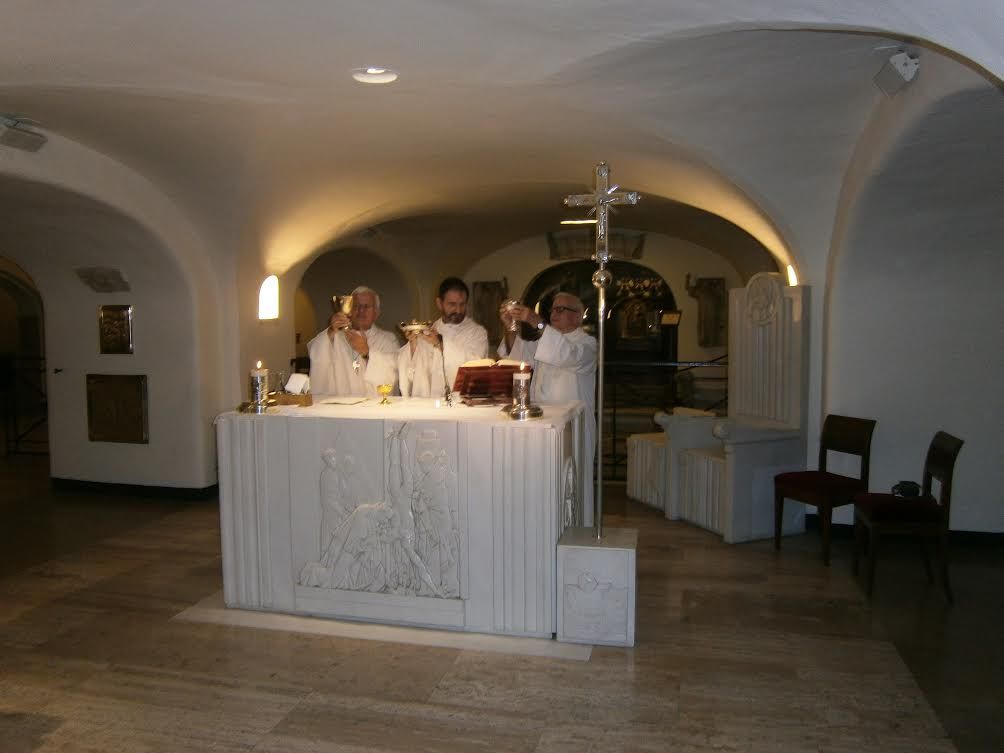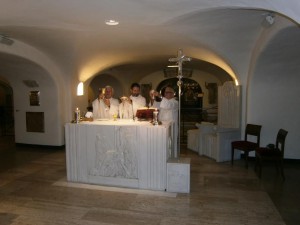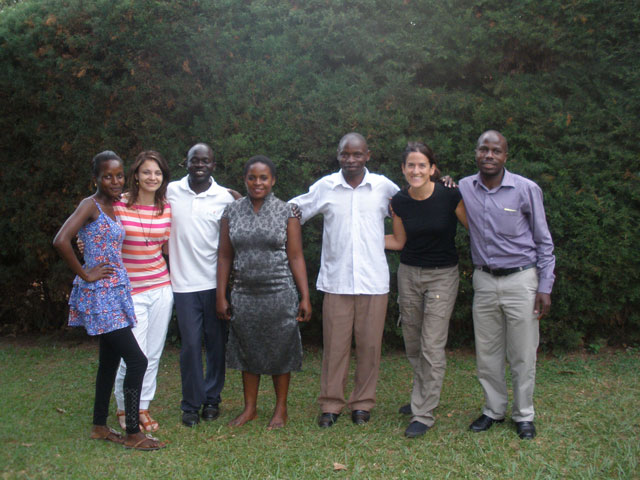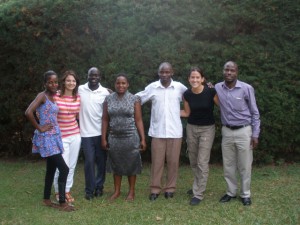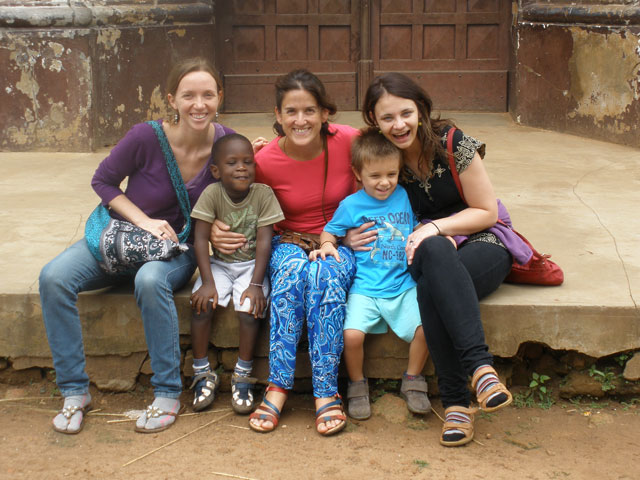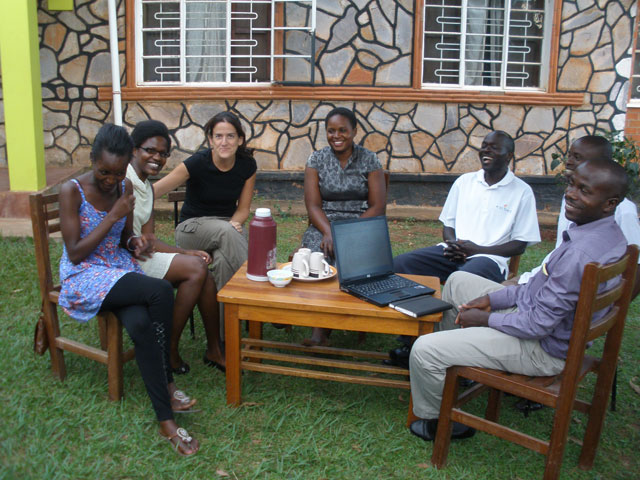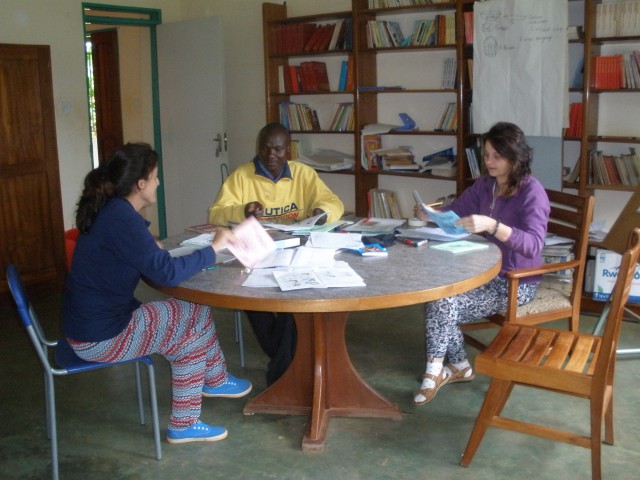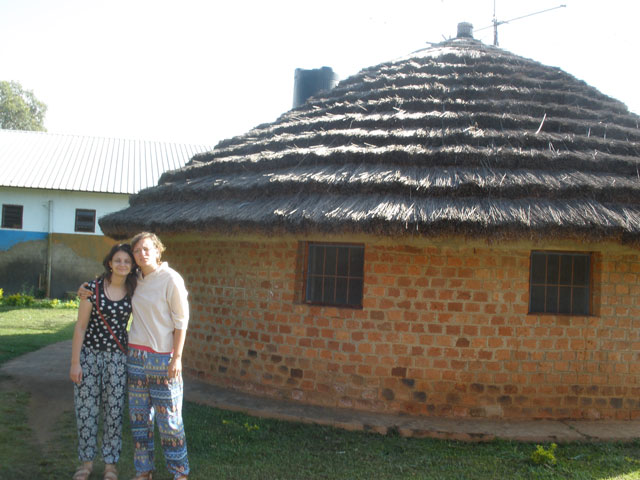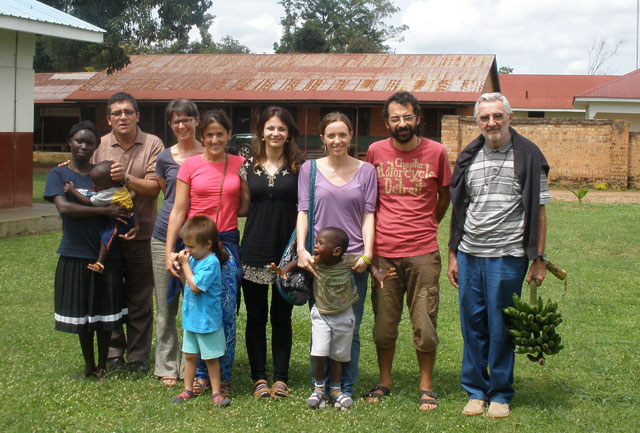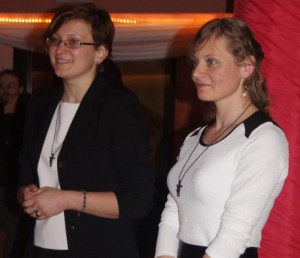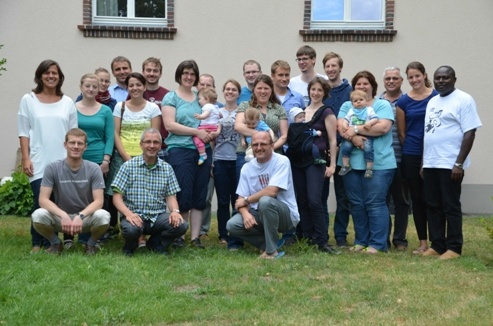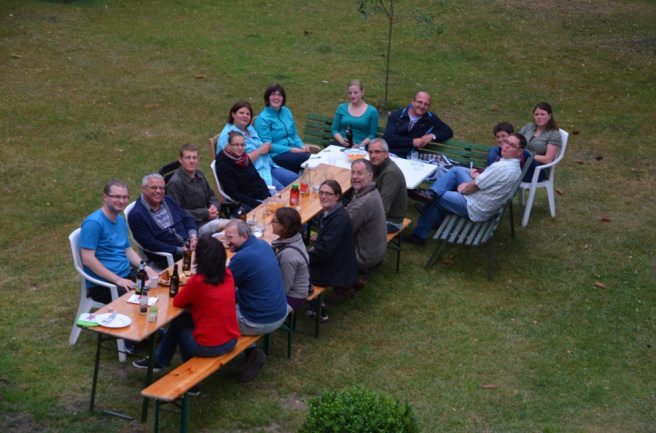The world of today, its missionary urgency and the challenges of the Comboni mission.
Started today, the work of reflection on the 150th anniversary of the Comboni Plan for the regeneration of Africa. From all over the world came representatives of the various provinces of the Comboni Missionaries (MCCJ) and are present representatives of the Comboni Missionary Sisters (CMS), Secular Comboni Missionaries (SCM) and Comboni Lay Missionaries (CLM).
The day began with the Eucharist at the tomb of St. Peter, where Comboni received the inspiration of the Plan. However, this symposium / workshop, as remember Fr Enrique Sánchez (Superior General of MCCJ) in his homily, is not intended to “contemplate” the Plan of Comboni, however, starting from him, aims to reflect and give thanks to God for the fact that this plan has been since the days of Comboni. Today, we must search for the actuality of the Comboni´s Plan, understanding how it applies and leads us in our missionary vocation. To do this, warned Father Mariano Tibaldo (MCCJ) we must find the priorities nowadays and how – in our days – we may live the challenges of this Plan.
The reflection began with brother Enzo Biemmi presented the Apostolic Exhortation Evangelii Gaudium as a provocation of the present Pope Francisco, which especially fits the Comboni Plan in relation to the way in which Comboni conceived the missionary vocation.
In fact, today, we must abandon preconceptions about the missionary who has to evangelize the “others”. We need awareness and missionary conscience that is based on the conversion of the missionary himself (herself). Only the missionary encounter with Christ makes him (her) explicitly and implicitly proclaim the Gospel in all circumstances. It is not therefore an announcement out, but the manifestation of the joy of the encounter with Christ which is manifested in the life of the missionary. We must therefore be aware that without a conversion of the missionary there is no announcement, because without this experience of grace, you cannot get to the heart of man (woman), and in which the Spirit dwells.
Indeed, the first point and the origin of the missionary life and the evangelization is to recognize the presence of God in the other person, thus giving a new style to the mission. This was the modus operandi of Christ, that everything that made makes reference to the will of the Father and / or the faith that saves the one who seeks to save himself (herself).
In this context, Father Mariano Tibaldo (MCCJ) spoke of the urgent problems of the missionary life. Emergencies, these, which are not tied to a geographical location, but must respond, in fact, the demands of evangelization today. It was precisely this question that the participants, in working groups, reflected and were able to share the conclusions with others in the plenary.
Susana Vilas Boas




